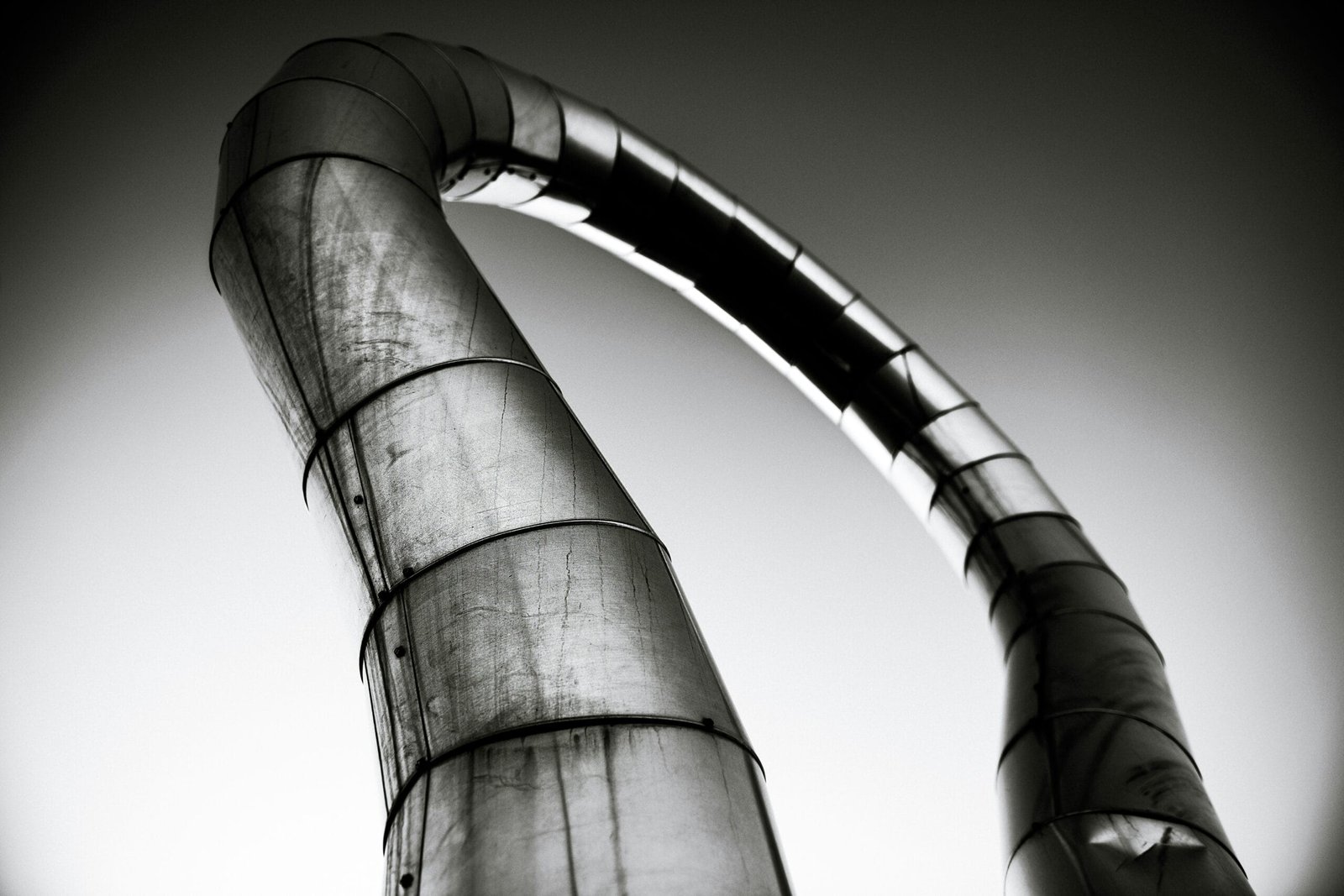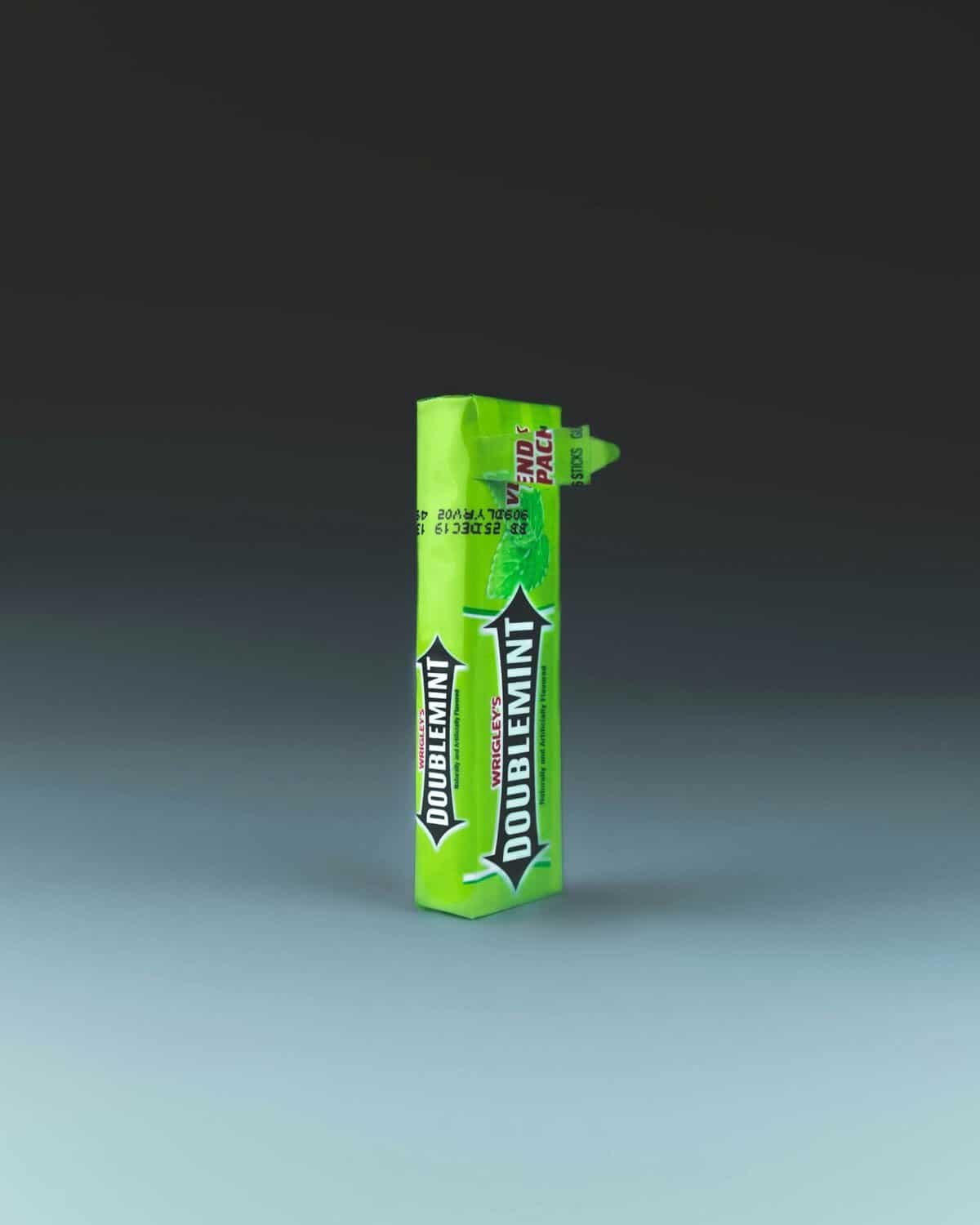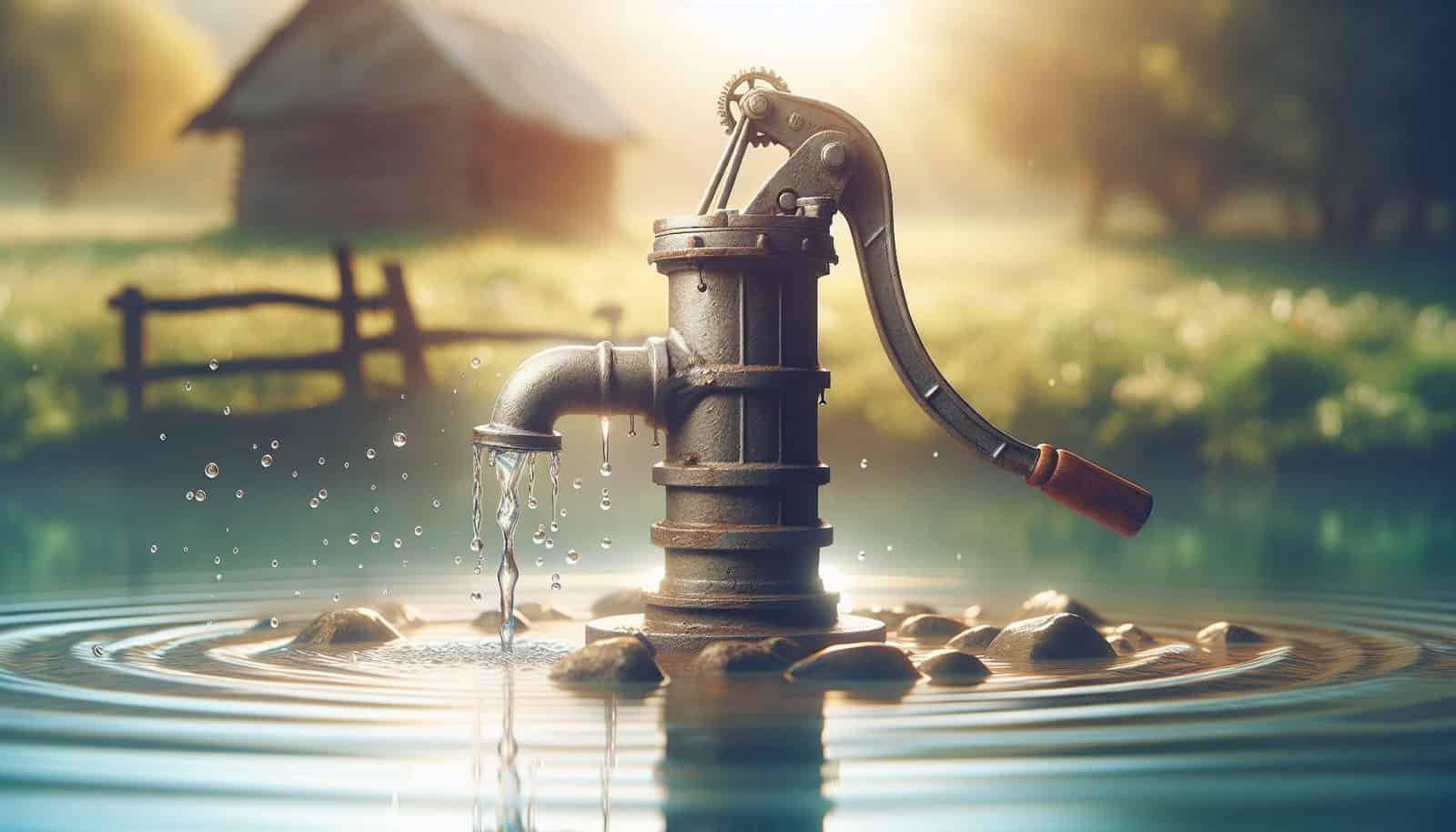Have you ever wondered how long a well pump typically lasts? If you rely on a well for your water supply, understanding the lifespan of a well pump is crucial. This knowledge can help you plan for maintenance, replacement, and potential upgrades. Today, we’ll explore the factors that influence the lifespan of a well pump, typical lifespan expectations, signs your pump may need attention, and how you can extend its functionality. Let’s embark on this journey to gain insights that could save you both time and money in the long run.
Understanding the Basics of Well Pumps
Before delving into how long a well pump lasts, it’s important to understand what well pumps are and why they’re essential. Your well pump is the heart of your water system, responsible for delivering water from your well into your home. Without a functioning pump, accessing that water becomes a major inconvenience.
Types of Well Pumps
There are several types of well pumps, and each type has its own expected lifespan and maintenance requirements:
- Submersible Pumps: Usually installed in deeper wells, submerged underwater. Known for their longevity and efficient performance.
- Jet Pumps: Typically used for shallow wells. They can be mounted above ground and use a suction pipe to draw water.
- Centrifugal Pumps: Also installed above ground, often used for shallow wells. They work by spinning water rapidly to create suction.
Understanding which type of well pump you have can provide a clearer picture of its longevity and any potential maintenance needs.
Factors Affecting the Lifespan of Well Pumps
The lifespan of a well pump can vary widely depending on several factors. Understanding these factors can give you a clearer perspective on what to expect and how to ensure your pump lives out its full potential.
Quality of Installation
The quality of the installation process significantly impacts your well pump’s lifespan. Proper installation by a professional ensures that all components are correctly set, reducing the chance of premature failure. Pay close attention to the installer’s credentials and experience level.
Water Quality
Water quality is another key determinant. High levels of sediment or minerals, like iron or calcium, can wear down the pump over time. Installing a quality filtration system can mitigate these issues, potentially adding years to your pump’s lifespan.
Usage Frequency
How often you use your pump affects its longevity. A pump that’s running constantly will wear out faster than one used intermittently. If your household consumes large amounts of water regularly, be prepared for potentially more frequent maintenance.
Maintenance Practices
Regular maintenance can greatly extend the life of your well pump. This includes inspecting components for wear and tear, testing water quality, and addressing any issues as soon as they arise. An annual check-up by a qualified technician is advisable.
Environmental Factors
Local environmental conditions play a role as well. Extreme temperatures, either hot or cold, can put additional strain on the pump. Ensure your pump is equipped to handle the local climate conditions to minimize undue stress.

Typical Lifespan of Different Well Pumps
Every well pump has a typical range of expected life. Here’s a breakdown to help you understand what you might expect from different types:
| Pump Type | Typical Lifespan |
|---|---|
| Submersible Pump | 10 to 15 years |
| Jet Pump | 8 to 10 years |
| Centrifugal Pump | 5 to 10 years |
It’s important to remember these are averages. With proper care and maintenance, some pumps may surpass these estimates.
Signs Your Well Pump Needs Attention
Recognizing early warning signs can prevent minor issues from turning into major problems. Here are some indicators that your well pump may need a closer look:
Decreased Water Pressure
If you notice a sudden drop in water pressure, it could indicate a problem with the pump. Possible causes include a failing pump motor, a clogged filter, or issues in the pipework.
Unusual Noises
Strange sounds, such as grinding or banging, often signal mechanical problems. These could be the result of worn-out bearings or debris caught in the system. Don’t ignore these noises; they seldom resolve themselves without intervention.
Air in the Water Lines
If air bubbles are present when you turn on the tap, there might be an issue with the pump or the well. This is often a sign of a failing check valve or an air leak somewhere in the system.
Spiking Energy Bills
A sudden increase in your electricity usage can be a sign that your pump is working harder than it should. This could be due to inefficiencies within the pump or a developing fault.
Frequent Cycling
If the pump turns on and off more frequently than usual, it might be due to issues such as a leak in the plumbing, a drop in the water table, or the pump itself starting to fail.

Extending the Life of Your Well Pump
Want your well pump to last as long as possible? Here are some practical steps you can take to extend its life:
Regular Maintenance
Regular inspections and servicing by a professional can identify and resolve potential issues before they lead to failure. Annual checks are generally recommended.
Monitor Water Quality
Keeping a close eye on your water quality can help prolong your pump’s life. Install a filtration system and test the water regularly for contaminants that could harm the pump.
Avoid Overuse
Be mindful of your water usage. Avoid excessive demands on the pump, such as leaving taps running or using high-water-consumption appliances simultaneously.
Address Repairs Promptly
If you notice any signs of trouble, address repairs promptly. Delaying can lead to more significant damage and shorter pump life.
Protect from the Environment
Ensure your pump is well-protected from the elements. An appropriate housing can shield it from extreme weather, preventing premature wear.
When to Consider Replacing Your Well Pump
Knowing when to replace your well pump can be just as important as maintaining it. Replacement might be necessary under the following circumstances:
Age of the Pump
Even with the best care, every pump has a finite lifespan. If your pump is nearing or has exceeded its typical lifespan, consider a replacement before a breakdown occurs.
Consistent Problems
Frequent breakdowns or ongoing issues might indicate it’s more economical to replace the pump rather than continually repair it.
Changes in Performance
Significant drops in performance, such as consistently low pressure or inability to maintain water flow, can indicate it’s time for a new pump.
Expensive Repairs
If repair costs start approaching the price of a new pump, it may be financially savvy to replace it.

Choosing a New Well Pump
When it does come time to replace your well pump, selecting the right one is key. Here are some factors to consider:
Assessing Your Needs
Consider your household’s water usage and the depth of your well. These factors will influence the type and power of pump you need.
Energy Efficiency
Newer models might be more energy-efficient, costing less to run over time. Consider this when evaluating the cost of a new pump.
Professional Guidance
Working with a professional can help ensure you choose a pump that meets your needs and is installed correctly. Always seek a qualified technician for advice and installation.
The Cost of Well Pump Replacement
Understanding the potential costs of replacing a well pump can help you budget for this eventuality. Costs can vary based on pump type, installation complexity, and labor rates.
Itemized Costs
- Pump Cost: Varies by type and brand, typically between $200 to $1,500.
- Labor: Installation costs range from $300 to $500.
- Additional Components: Pressure tank or fittings might add to costs, ranging from $100 to $500.
Total Estimated Costs
Anticipate spending between $800 and $2,500 for most residential pump replacements. Prices may vary based on geographic location and specific installation needs.

Conclusion
Understanding how long a well pump lasts and the factors that influence its lifespan empowers you to make informed decisions about maintenance and replacements. By keeping an eye on water quality, being mindful of usage, and performing regular maintenance, you can extend the life of your pump, ensuring that it serves you effectively for as long as possible. If it becomes necessary to replace your pump, considering your specific needs and working with a professional can make the process smoother and more cost-effective. Whether you’re dealing with a minor issue or approaching a necessary upgrade, being proactive about your well system can prevent unexpected disruptions in your water supply.
